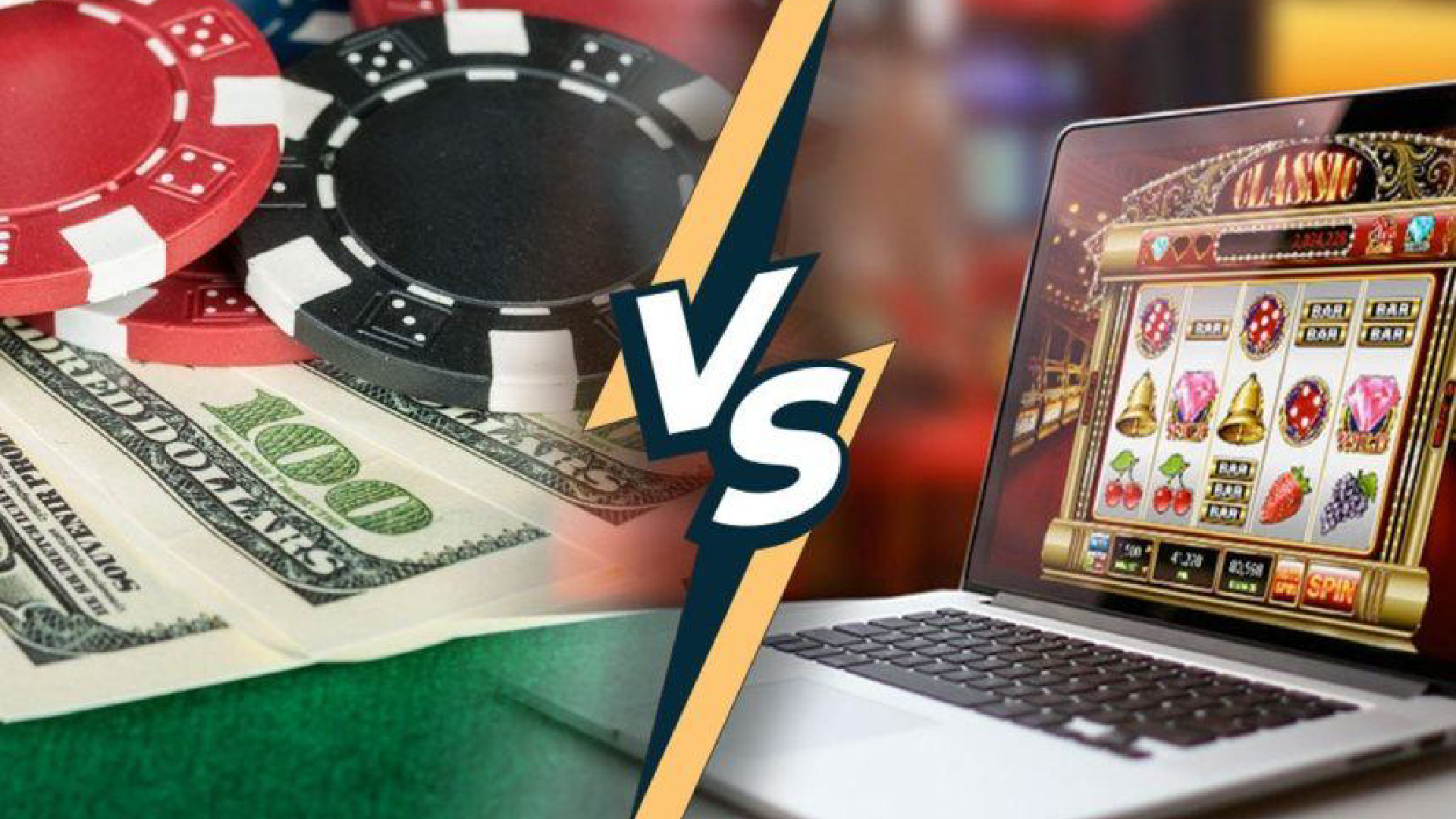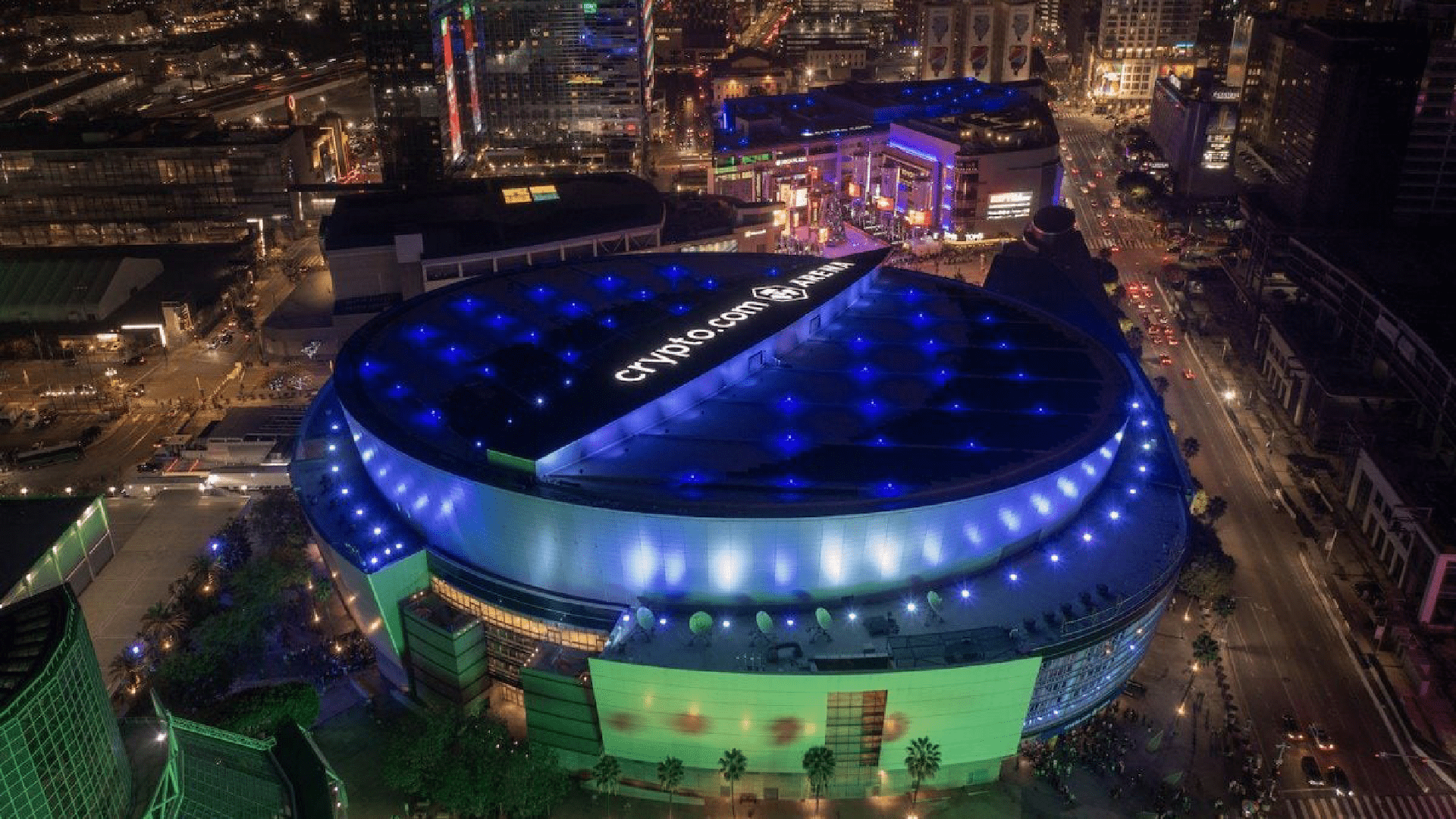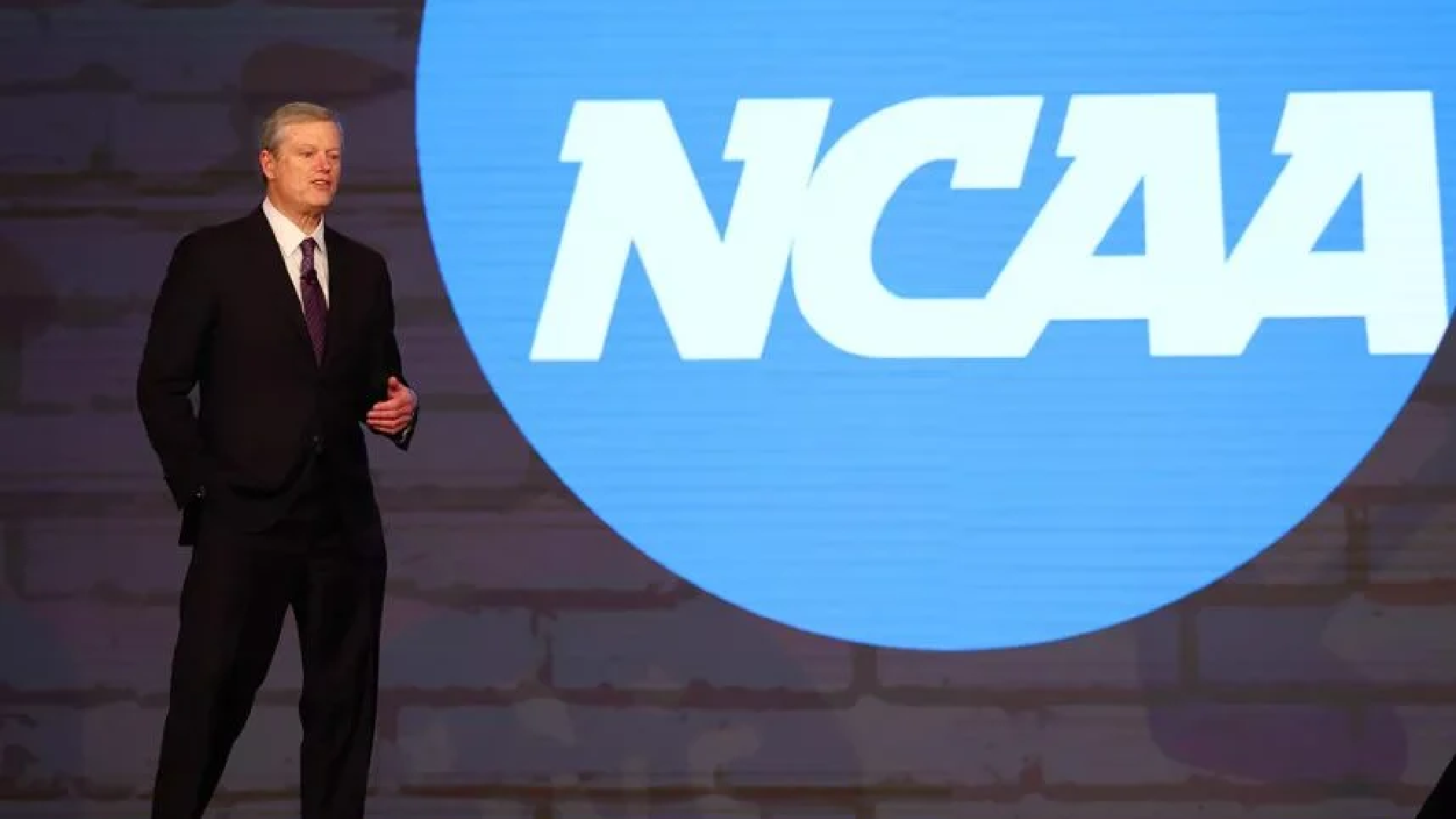Sweepstakes Casinos to See More Growth, Scrutiny, Says Analyst

Sweepstakes casinos represent a rapidly expanding part of the larger gaming sector, and at least one industry anticipates this growth to persist, albeit likely with heightened regulatory oversight.
Often referred to as sweeps casinos, this type of betting blurs the distinction between social casinos, which are usually free to participate in, and iGaming. iGaming includes online versions of traditional casino games with real-money gambling and is allowed in only seven states. According to Macquarie analyst Aaron Lee, sweepstakes casinos achieved a compound annual growth rate (CAGR) of roughly 75% from 2019 until last year, transforming it into a $4 billion industry now, which could encourage additional iGaming legislation.
"Though there are clear similarities between sweepstakes and iGaming, we see little evidence of cannibalization,” observed Lee. “Rather, we think the growth of sweepstakes could actually be a positive for iGaming legislation by attracting attention to the untapped tax revenues.”
He stated that if cannibalization takes place, social casinos, rather than iGaming, would be the more probable casualties of the growth of sweeps casinos.
Controversy Surrounds Sweepstakes Casinos
As sweepstakes casinos grow quickly, this type of betting is facing more scrutiny since some regulators see it as disguised iGaming. Similar to social casinos, sweeps alternatives attract players by offering the chance to play games for free. By engaging in those games, players can win rewards, but they frequently encounter in-app purchases that may help them progress and potentially improve their chances of winning.
The purchases are not essential, yet that hasn't deterred certain bettors from wagering substantial amounts of money on the games. Many eventually feel foolish for taking away the free aspect of social casinos without the clear results and real money opportunities of online casinos.
Lee stated that sweepstakes casinos are not classified as lotteries or traditional betting since operators eliminate the consideration aspect, which, along with prizes and chances, constitutes one of the three main principles of gambling. Without consideration being a factor, sweepstakes casinos must clarify that no purchase is required to claim prizes and provide customers with alternative methods, like mail-in forms, for entering the drawing.
“Users can also choose to play with a sweepstakes currency, which can effectively be used like real money, as users can wager sweepstakes coins for the chance to earn more sweepstakes coins, and can also redeem those sweepstakes coins for cash prizes,” noted Lee. “This is the sweepstakes promotional aspect, whereby sweepstakes operators would argue that the sweepstakes promotes the purchase of the virtual currency.”
Lee stated that, according to sweeps casino operators, buying virtual currency is seen as entering a drawing and is therefore different from conventional betting methods. The American Gaming Association (AGA) is urging regulators to focus more on the dual currency used by sweepstakes casinos as it violates federal and state regulations. Nevertheless, taking legal action against operators is almost unfeasible since nearly all of them are located outside the US.
At present, sweeps casino operators restrict residents from four states from using their services, and there is a type of ban in seven other states.
Sweepstakes Casinos are Expanding Quickly
Recent studies by Eilers & Krejcik Gaming (EKG) show that the sweepstakes casinos market ballooned to $4.2 billion last year, up from $460 million in 2019. However, as Lee pointed out, sweepstakes casinos report their revenue similarly to lotteries, with prizes awarded to winners included in the total revenue.
Lee mentioned that on a net basis, sweepstakes casinos probably represented a $1.3 billion market last year, in contrast to $7 billion for social casinos and $6.5 billion for real money iGaming.
“Nonetheless, the sweepstakes industry saw strong growth during the pandemic, and growth has continued at a strong pace thereafter,” concluded Lee. “Eilers forecasts the industry will grow to $5.6 billion of gross revenues in 2024E (~30% year-over-year) and $6.9 billion in 2025E (24% year-over-year), which we estimate translates to roughly $1.7 billion and $2.1 billion on a net basis, respectively.”




